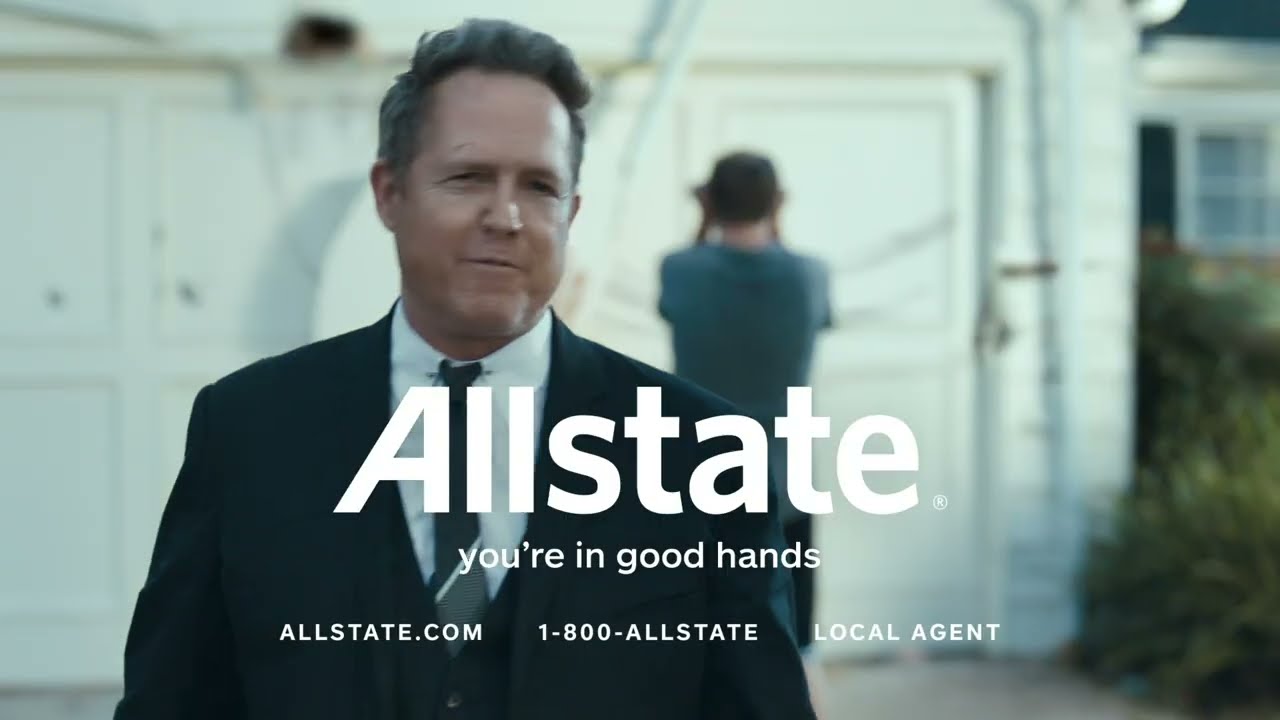When it comes to filing a homeowners insurance claim, understanding the process and knowing your rights can make a significant difference in the outcome.
Today, we’re diving into the claims handling practices of Allstate, one of the largest insurance providers in the United States, and sharing advice on how homeowners can navigate their claims more effectively.
Table of contents
Allstate and Claims Handling Practices
Allstate’s slogan, “You’re in good hands,” contrasts starkly with the criticisms it faces regarding its claims handling practices. These practices came into the spotlight following Allstate’s decision to hire McKinsey & Company in the 1990s, aiming to revamp how it managed insurance claims. This partnership birthed a strategy that critics have since labeled “delay, deny, defend.”
The approach, designed to minimize payouts on valid insurance claims, has been a subject of contention, drawing attention from consumer rights organizations and policyholders alike.
The McKinsey Influence
The collaboration with McKinsey & Company led Allstate to adopt a series of measures that fundamentally altered its approach to claims handling. Reports and critics suggest that McKinsey advised Allstate to view the claims process as a zero-sum game, implying that for Allstate to maximize its profits, policyholders must invariably receive less than what they might be entitled to.
This perspective marked a significant shift in how Allstate interacted with its policyholders, focusing more on financial gains than on fulfilling its promise of being in “good hands.”
Delay, Deny, Defend Strategy (3-D)
The “delay, deny, defend” strategy has been at the heart of the criticisms against Allstate. This approach involves:
- Delaying the claims process, sometimes extensively, in hopes that policyholders become desperate enough to accept lower settlements.
- Denying valid claims outright or disputing the severity and scope of damages, thereby reducing the payout amounts.
- Defending its assessments and offers rigorously, even in the face of evidence to the contrary, often leading policyholders into lengthy and costly legal battles.
These tactics became known as the 3-D’s of Allstate: delay, deny, defend.
The Alligator Approach and “Sit and Wait”
One of the more emblematic aspects of the McKinsey-recommended strategy was likened to the behavior of an alligator: “sit and wait.” This metaphor suggested that Allstate should adopt a passive-aggressive stance, lying in wait for the policyholder to become vulnerable—financially or emotionally—due to delays in the claims process.
This approach banks on the idea that the longer a claim is delayed, the more likely a policyholder is to accept a lower settlement out of desperation or fatigue.
The Impact of These Practices
The American Association for Justice (AAJ)’s decision to name Allstate the worst insurance company in America was not made lightly. It was based on a pattern of complaints, legal battles, and settlements that pointed to a systemic issue with how Allstate handles claims.
The company’s practices have not only led to financial strain for many policyholders but have also eroded trust in Allstate’s ability to provide the protection and support it advertises.
My Personal Encounter with Allstate’s Claims Process
Navigating an insurance claim can be a test of patience and persistence, a lesson I learned firsthand during a complex water damage claim with Allstate here in Texas.
My journey through the claims process was eye-opening, revealing a path fraught with initial lowball offers and a drawn-out settlement procedure seemingly designed to wear down the claimant.
This is literally the reason why I became a public adjuster!
The Initial Offer and Pushback
After experiencing significant water damage, I promptly filed a claim with Allstate, expecting the process to be straightforward. However, the initial settlement offer I received was shockingly inadequate, nowhere near enough to cover the repairs and losses incurred. This offer was the first in a series of hurdles, setting the tone for a challenging negotiation ahead.
Determined to fight for a fair settlement, I embarked on a journey that would last over 14 months and counting. Every request I made, every detail of the claim I discussed, was met with resistance. Allstate’s initial stance was to deny, a strategy that tested my resolve at every turn. It became clear that pushing back was not just necessary but essential.
Leveraging My Policy for Fair Treatment
Rooted in the belief that knowledge is power, I delved into my insurance policy, reading it from every angle possible. This deep dive into the policy’s language became my strongest asset. When Allstate attempted to deny my request for mileage costs to Costco, citing that it fell outside the scope of “additional reasonable costs necessary to maintain my normal standard of living,” I was ready to counter their arguments with specific policy language.
Armed with quotes from my policy and a detailed account of my longstanding shopping habits, I challenged their decision. It was only when I demanded their denial in writing, highlighting their departure from the policy terms, that they reconsidered and eventually agreed to compensate my mileage costs.
This victory, though small in the grand scheme, underscored the power of being informed and the importance of holding insurance companies accountable to their policies.
Empowering Homeowners
My experiences and the broader concerns about Allstate’s claims handling practices highlight the need for homeowners to be proactive and informed. Here are a few steps you can take:
- Document Everything: Keep detailed records of all communications and transactions with your insurance company. I can’t stress this enough. GET IT IN WRITING!
- Understand Your Policy: Familiarize yourself with every aspect of your policy to make informed claims. Reading and understanding your policy is your best defense.
- Consider Professional Representation: Whether it’s consulting with a public adjuster or seeking legal advice, professional guidance can offer a significant advantage. You don’t have to face this alone.
Closing Thoughts
Navigating a homeowners insurance claim, especially with companies like Allstate, can be a daunting endeavor. My own journey through Allstate’s claims process underscores the importance of being prepared, informed, and ready to stand your ground.
Remember, your insurance policy is your strongest ally, and understanding it inside and out is crucial. If you find yourself facing a complex claim, don’t hesitate to seek professional help from a public adjuster. Their expertise can make a world of difference in securing the fair settlement you deserve.
Insurance is a contract, not a favor.
FAQ
Allstate’s practices, heavily influenced by McKinsey & Company, focused on minimizing payouts through a “delay, deny, defend” strategy, leading to significant criticism and legal battles.
Document every interaction, understand your policy thoroughly, and don’t hesitate to push back using the policy’s language. Consider hiring a public adjuster for professional support.
It’s a claims handling approach aimed at reducing payouts by delaying the process, denying claims, and defending their low offers, even when evidence suggests a higher settlement is warranted.
Public adjusters specialize in handling insurance claims on behalf of policyholders, leveraging their expertise to secure fair settlements and navigate the complex claims process effectively.





